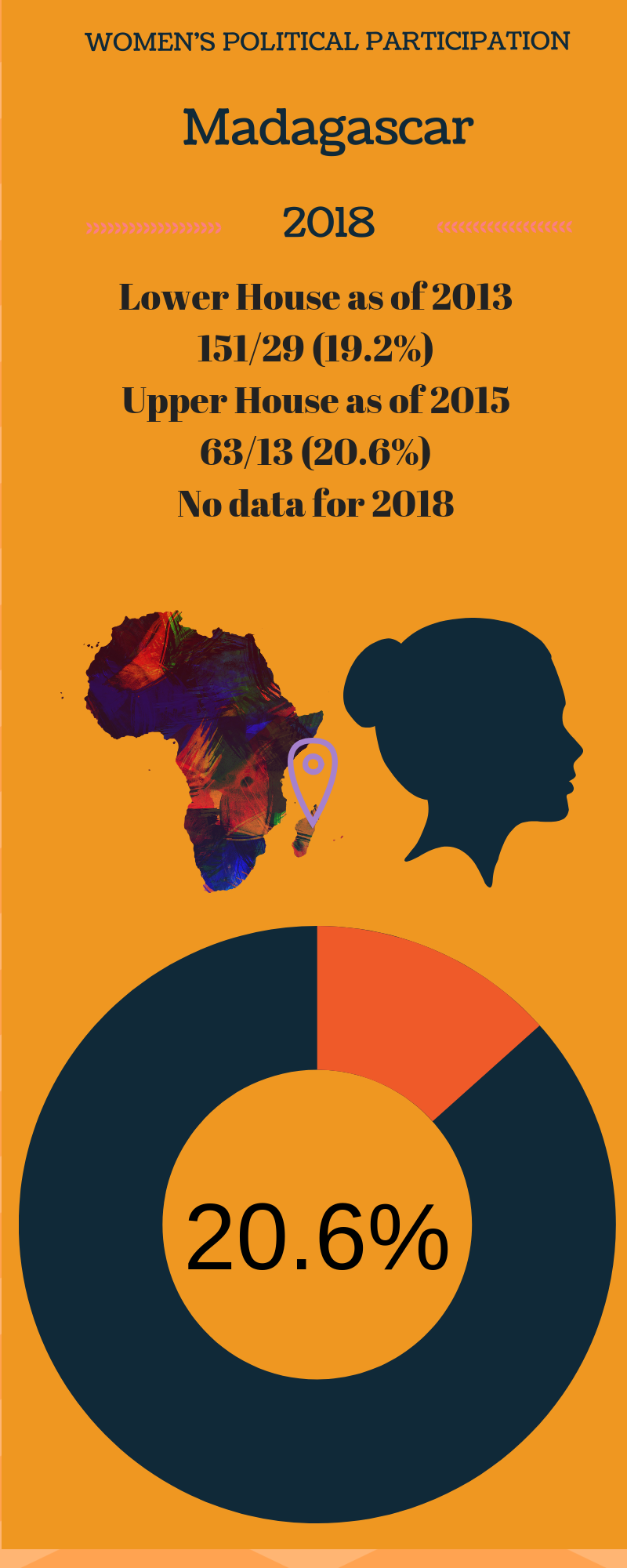Madagascar is the largest island in the world located on the region of the Indian Ocean with an estimated population of 26 million, of which 76 percent is living in extreme poverty. Presidential elections in Madagascar took place on the 7th of November 2018.The first round voter turnout is reported to be 54.3%. These registered voters are longing for a president that will provide access to basic services such as water, electricity and employment.
In addition to the poverty scourge, the country has witnessed political instabilities since independence and this election represents hopes for a new air in the country. Madagascar has been through many political turmoils since independence in 1960 from France. In 2009, a military coup overthrew Ravalomanana and brought Andry Rajoelina in power. On April 2018, an attempt to amend the electoral laws generated many protests in the country because the opposition candidates deduced that such amendments were purposely done to exclude them from taking part to the electoral process.
The president of Madagascar is elected using a two-round system. The first round opposed 36 presidential candidates with the current president Rajaonarimanpianina seeking a second term, and former presidents Marc Ravalomanana and Andry Rajoelina as frontrunners. The second round of elections took place on December 19, but the results were not announced immediately due to contestations by the former president and corruption allegations. The final results confirmed Andry Rajoelina as the winner of the second round with 55.57% of votes casted against his opponent Marc Ravalomanana who casted 44.43% of votes. The elected president, Rajoelina, is now set to serve for a term of 5 years.
Women’s Political Participation:
Women have a low political representation in the island’s government. Out of the 36 presidential candidates, only 5 were women. Fanirisoa Erinaivo, a Magistrate, consultant on gender issues at the African Union, was one of the women candidates to the presidency. She works hard to promote women’s right and even bring her baby to work to show that women can do more than traditional gender roles. There is also a 7% of representation of women in leadership role in political parties in Madagascar.
Though the Malagasy Constitution protects women, there are no specific laws that promote gender equality. The National Council for Malagasy women for the current election had been campaigning to get voters to support female candidates or candidates who advocate for women’s rights. The Council used radio and television to spread the message that gender equality matters across voters. There is a lack of cultural parity on the Island’s politics and all leadership positions are male dominated. In 2009, there was progress for women’s leadership when one third of the parliament was comprised by women, but it has dropped again to less than a quarter.
Madagascar ratified the CEDAW since 1998 and is a signatory to the Maputo Protocol as of 2004. However, there are not legislated gender quotas in the country. The Southern African Development Community urged member states to allot half of all government positions to women by 2015, but Madagascar failed to achieve that target. A new law was proposed as well for the equal representation of men and women in political leadership. Unfortunately, the male dominated scene of the island’s politics overruled the bill.
Conclusion
Madagascar has experienced many political upheavals since independence Corruption is rife in the country and most of the population live in poverty, lacking access to life’s basics such as water, electricity, and employment. The process of peaceful elections marks a fresh start for the island. However, the country is still facing many challenges it needs to address for the well-being of its population.

